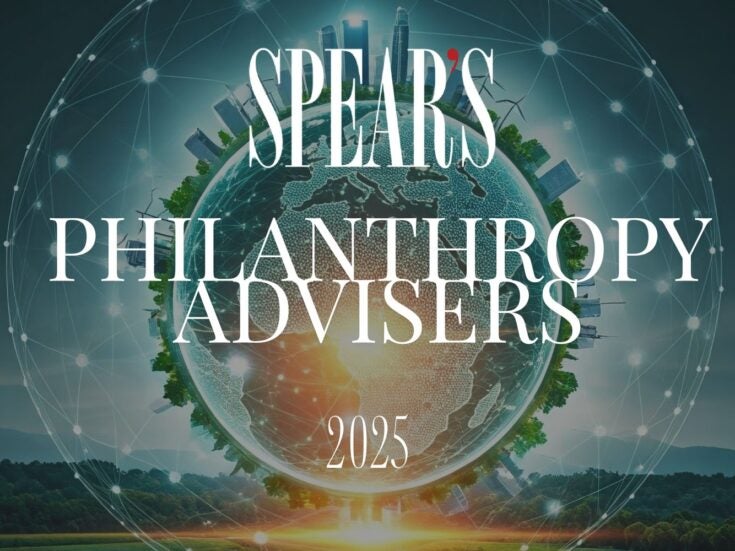
Cross-party parliamentarians are insisting that current measures to tackle financial foul play are insufficient, but have they even had a chance to work yet? Matthew Hardeman reports
MPs from across the political spectrum have demanded further action be taken to tackle money laundering, sanctions violations, tax avoidance and tax evasion in UK crown dependencies and overseas territories – even though, as experts point out, recent transparency measures have yet to take full effect.
The calls came during the second reading of the sanctions and anti-money laundering bill, which is set to replace sections of EU legislation after Brexit, and included revelations from the Paradise and Panama Papers investigations into offshore finance cited extensively.
But the government suggested that it will not force offshore jurisdictions – former British colonies, several of which have become major tax havens – to adopt new measures, contrasting with former prime minister David Cameron’s quest for a global crackdown on corruption while he was in office. Foreign minister Sir Alan Duncan said the government would only pressure the territories when new transparency measures finally become a global standard, insisting that an EU commitment to introduce public registers would be insufficient.
Several MPs, including Labour’s Dame Margaret Hodge, former chair of parliament’s public accounts committee, called for the territories to be forced to publish registers of the beneficial [true] owners of offshore companies – a measure introduced in the UK in 2016, with plans to introduce a similar regime for UK property. British crown dependencies and overseas territories are only required to provide information on the true owners of offshore companies to law enforcement, but only upon their request.
‘Registers must be open – to civil society, the media, journalists, non-governmental organisations – if all the relevant dots are to be joined up, as the release of the Paradise Papers so clearly shows,’ said Andrew Mitchell, Conservative MP and former secretary of state for international development, speaking before the chamber. ‘With the best will in the world, the regulatory authorities are not in that business, and narrow questions from regulatory authorities simply do not suffice.’
Mitchell added that the most recent data from the World Bank revealed that more money was stolen from Africa through unpaid taxes and concealment annually than the continent gained through foreign aid and international investment. ‘We owe it to the poor of Africa, as well as to our own taxpayers, to take the action we can to bring about an end to this scandal,’ he said. No one can argue with that – and as yet, nobody has.
But Dame Margaret took a dim view of the measures in place as they affect regular HNW Joes, too – the biggest being the Common Report Standard (CRS – or the ‘son of FATCA’ as it is commonly referred to, after its American counterpart), the international information exchange signed which will see the revenue authorities in 101 territories automatically exchanging personal financial information by the end of the year. Hodge particularly decried what she called the ‘constant flow of scandals’ as ‘strong evidence that the system based on the private automatic exchange of information is not working’.
The CRS has also been criticised before, for allowing alleged loopholes, how developing countries were neglected in the agreement and that non-reciprocity arrangements were serving tax havens.
Hodge cited the cases of Dan Gertler, the Israeli diamond billionaire added to US sanctions lists last year, and Jean-Claude Bastos, the manager of Angola’s sovereign wealth fund who was revealed to have invested its money in numerous ventures where he was found to be the beneficial owner. She also highlighted a report in the Guardian that stated offshore companies in the British Virgin Islands and Anguilla were allegedly being used to evade US sanctions against North Korea, describing the claims as ‘disturbing’.
But Hodge’s comments, so far as they pertain to HNWs more than the regime in Pyongyang at least, seem more like politicking than anything else at this stage – certainly until the current measures have been given a real chance. And legal minds agree.
‘The Common Reporting Standard is only just being rolled out and whilst it will be many months until the effects are fully felt, there are behavioural changes being seen across the tax advisory profession and the offshore financial services sector,’ said international tax lawyer Miles Dean, managing partner of Milestone International Tax.
‘The desire for transparency whereby an individual’s right to privacy is totally eroded serves only for petty political point scoring. Public registers of ownership aren’t the answer because the scandals which the likes of Margaret Hodge would like to exist simply don’t, as the Paradise papers very clearly showed.’
If nothing else, the moment serves as a reminder that, as the global movement for transparency inches ever-forward, healthy skepticism remains vital when it comes to the proposals offered by its most vociferous proponents. That said, in the court of public opinion, Britain’s offshore jurisdictions would do well to show greater leadership – and do what they can to move ahead of the argument. Only then will they stand the chance of a fair shake, from all but the reddest of the red.
Matthew Hardeman is Senior Researcher at Spear’s
Related stories:
Offshore trusts are not just for tax cheats






